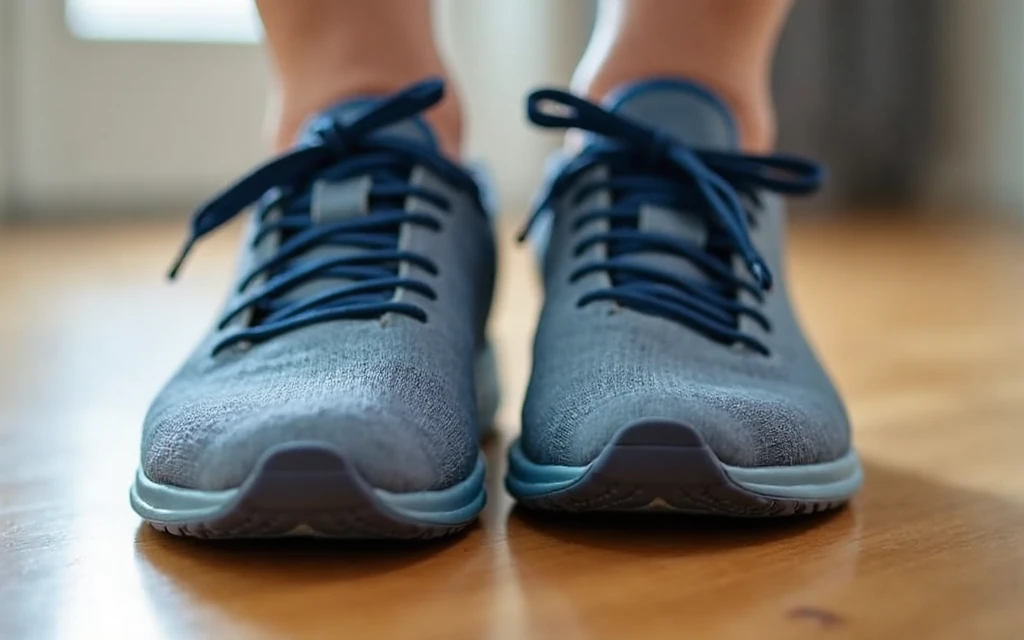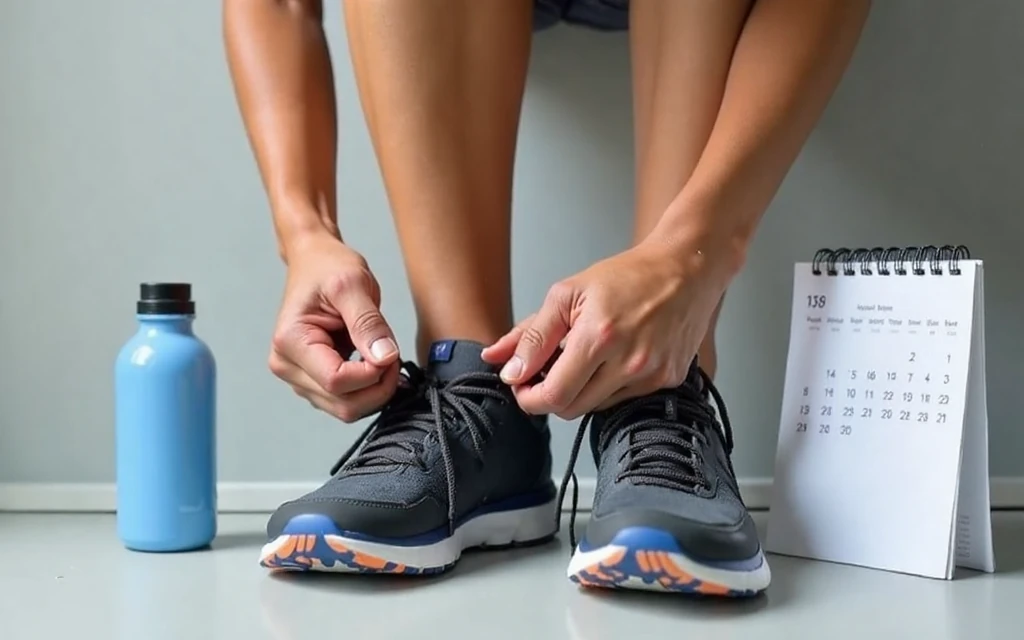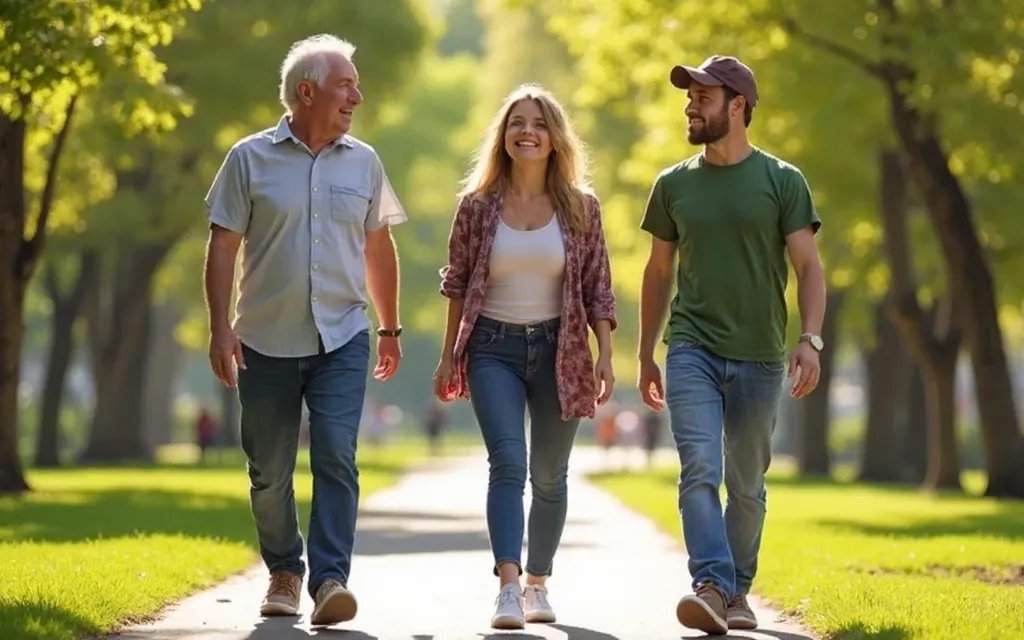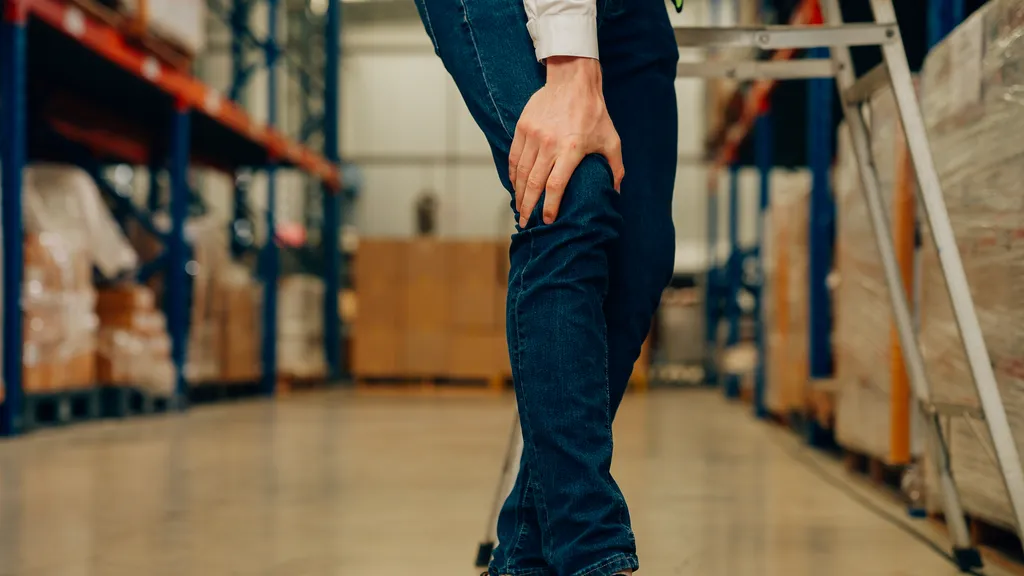Ever feel like you’re dragging through the day—tired, stiff, or just off? You’re not alone. The Centers for Disease Control and Prevention (CDC) says only 23% of American adults hit the recommended 150 minutes of weekly exercise. That’s a shame because moving your body can change everything. Exercise isn’t about getting ripped—it’s about feeling good and living better.
Imagine this: Joe, a 40-year-old retail worker from Ohio, used to come home exhausted, his feet aching from standing all day. Then he started taking short walks after his shift. A few weeks in, he had more energy, his mood lifted, and even his feet stopped complaining. Exercise worked wonders for Joe, and it can for you too. Curious why exercise matters? Let’s break it down: it powers up your body, clears your mind, and upgrades your life—all starting with your feet.
How Exercise Powers Your Body
Exercise does amazing things for your physical health—stuff you can feel every day. The American Heart Association (AHA) found that regular movement, like 30 minutes most days, can cut your heart disease risk by up to 35%. And it’s not just your heart—exercise also strengthens your muscles, keeps your blood circulating efficiently, and helps your bones stay solid as you age. For Americans over 50, that’s huge, especially with osteoporosis on the rise.
Your feet benefit too. Each foot contains 26 bones and 33 joints, making them the unsung heroes of every step. Too much sitting—or even standing all day—can leave them tired or sore. But daily activities like walking promote healthy circulation, which helps reduce fatigue and swelling. Research published in the Journal of Foot and Ankle Research suggests that regular walking and physical activity can ease foot discomfort and boost overall foot health. Whether you’re hiking in California or strolling through a Texas suburb, exercise truly builds a healthier you from the ground up.
Wearing proper footwear makes a difference as well. Supportive shoes or cushioned insoles keep your feet comfortable, so you can stay active without pain getting in the way. It’s a simple way to make exercise more enjoyable and keep your body strong.

How Exercise Clears Your Mind
Life moves fast, and stress can pile up. Over 40 million U.S. adults deal with anxiety yearly, according to the Anxiety and Depression Association of America. Here’s the good news: exercise can help. Harvard research and other studies show that just 30 minutes of physical activity a day can significantly reduce anxiety and boost your mood by releasing endorphins—the body’s natural feel-good chemicals.
Think about it—after a long day in Atlanta traffic, a quick jog around the block can melt tension away. It’s like hitting reset on your brain, sharpening focus and building toughness. For a busy mom in Oregon, even a walk with the stroller can turn a rough day around. Exercise isn’t just physical—it’s a mental game-changer.
Your feet play a part here too. When they’re comfortable, you’re free to focus on the moment—not a nagging ache. A little support, like a quality insole, can make all the difference, keeping your mind clear while you move.
How Exercise Upgrades Your Life
Exercise doesn’t just fix your body or mind—it makes life better. For seniors in Arizona, regular walks help maintain independence and reduce the risk of falls. According to the CDC, active older adults tend to live longer and enjoy a higher quality of life. For waitresses in Minnesota working long shifts, a bit of movement after work can combat fatigue and leave more energy for family time.
You don’t need big workouts either. A 10-minute walk in a Philly park or stretching during a Chicago snowstorm can turn your day around. It’s about feeling alive and ready for whatever comes next. Your feet are key—support them right, and they’ll carry you further. Want to know more about keeping them happy? Our next article dives into foot health and exercise.
How to Get Started: Practical Tips for Everyday Exercise
Starting is often the hardest part. You don’t need fancy equipment or a gym membership—just a willingness to move. Begin with small, realistic goals: a walk after dinner, stretching during TV commercials, or taking the stairs instead of the elevator. Track your progress with a simple journal or an app. Invite a friend or family member for accountability and fun. If you’re on your feet all day, choose supportive shoes and consider cushioned insoles to reduce fatigue. Listen to your body: if you feel pain (not just soreness), rest and consult a professional. Remember, consistency is key—small steps add up to big changes over time.

Key Takeaways
So, why does exercise matter? It’s your ticket to a stronger body, a sharper mind, and a life you love. The CDC recommends 150 minutes a week—just 20 minutes a day—to unlock all this. You don’t need a gym or fancy gear. Start with a walk around the block, take the stairs, or stretch on the couch—anything that gets you moving.
It all starts with your feet, the foundation of every step. Keep them comfy with the right shoes or insoles, and you’ll go further without even noticing. Next time, we’ll explore why foot health is the secret sauce to better exercise. For now, take that first step—your body, mind, and life are waiting.
Reference
- Centers for Disease Control and Prevention. Physical Activity Facts
- American Heart Association. Recommendations for Physical Activity in Adults
- Anxiety and Depression Association of America. Facts & Statistics
- Harvard Health Publishing. Exercising to Relax
- Journal of Foot and Ankle Research. Walking and foot discomfort


